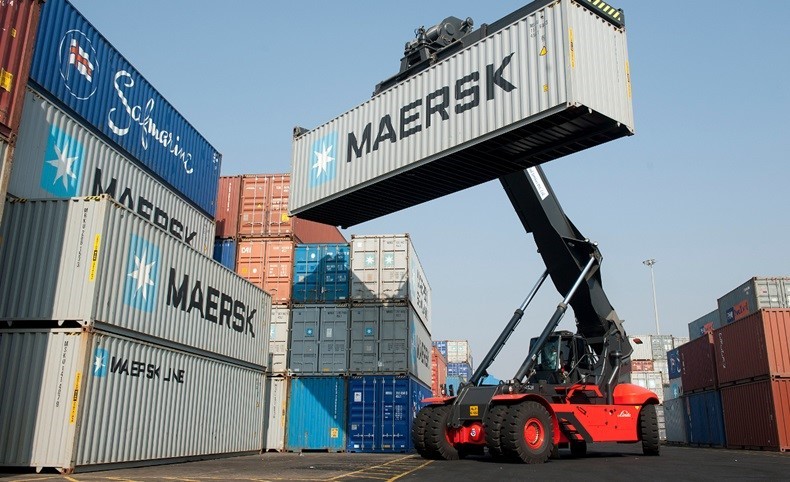About Cargo Logistics Canada Expo & Conference
Cargo Logistics Canada is produced by Informa, the largest publicly-owned organizer of conferences, expositions and training events in the world. We are a global organization, with 150 offices in over 40 countries. Our exhibition business has the unique claim to fame of having operated shows since 1880 and our bloodline dates back to 1734 when the first issue of the maritime publication of Lloyd’s List was produced. Today Lloyd’s List is the world’s oldest newspaper and an important resource for the global shipping community.
Informa hosts exhibitions in almost all regions around the globe.
Save The Date
Cargo Logistics Canada
May 25-27, 2021
Virtual Webinar Series


